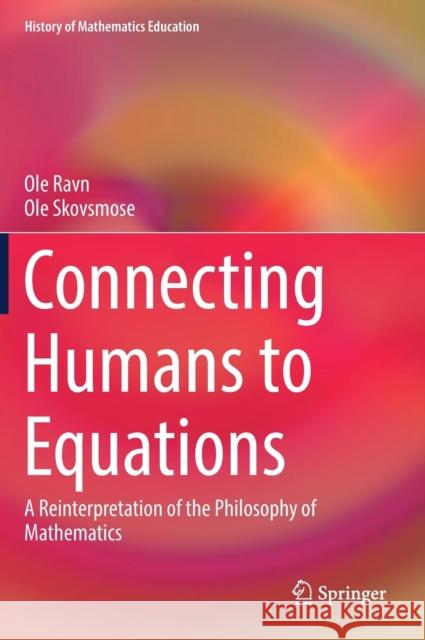Connecting Humans to Equations: A Reinterpretation of the Philosophy of Mathematics » książka
topmenu
Connecting Humans to Equations: A Reinterpretation of the Philosophy of Mathematics
ISBN-13: 9783030013363 / Angielski / Twarda / 2019 / 188 str.
Kategorie:
Kategorie BISAC:
Wydawca:
Springer
Seria wydawnicza:
Język:
Angielski
ISBN-13:
9783030013363
Rok wydania:
2019
Wydanie:
2019
Ilość stron:
188
Waga:
0.59 kg
Wymiary:
25.4 x 17.78 x 1.27
Oprawa:
Twarda
Wolumenów:
01
Dodatkowe informacje:
Wydanie ilustrowane











